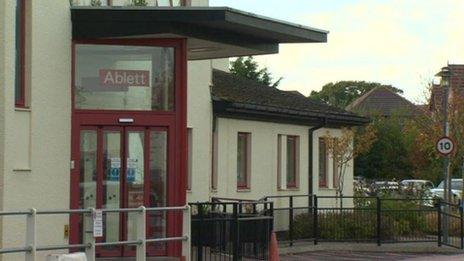'Serious failings' in Glan Clwyd Hospital care of patient who died
- Published
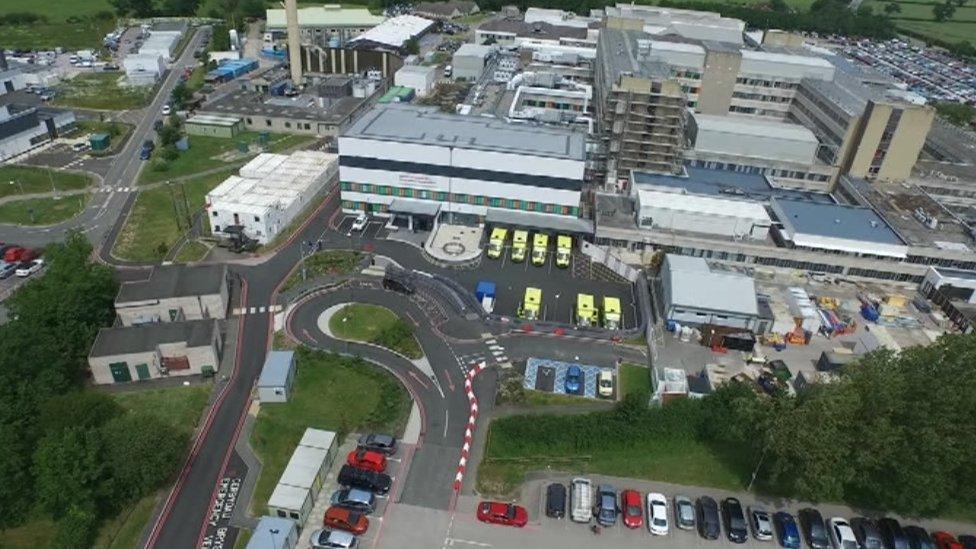
Glan Clwyd Hospital
The health board for north Wales should pay £20,000 to the wife of a hospital patient who did not see a consultant for 12 hours and later died, the Public Services Ombudsman for Wales has said.
The patient, Mr X, had a history of chronic renal failure and died at Glan Clwyd Hospital, Denbighshire, in 2014.
The ombudsman said his family "will never know" if he could have been saved had he received "timely treatment".
Betsi Cadwaladr University Health Board admitted failings in his care.
The report by ombudsman Nick Bennett said Mr X, who also had other medical conditions, had received dialysis at the hospital three times a week since February 2012.
After becoming seriously ill while on holiday abroad in February 2014, he was brought back to Glan Clwyd but was not seen by a consultant until the following day.
His wife, referred to as Mrs X, complained about the decision not to treat her husband immediately in the Intensive Therapy Unit (ITU) which she believed would have increased his chances of survival.
She also complained about the "misplacing" of Mr X's medical notes for six months following his death, the report said.
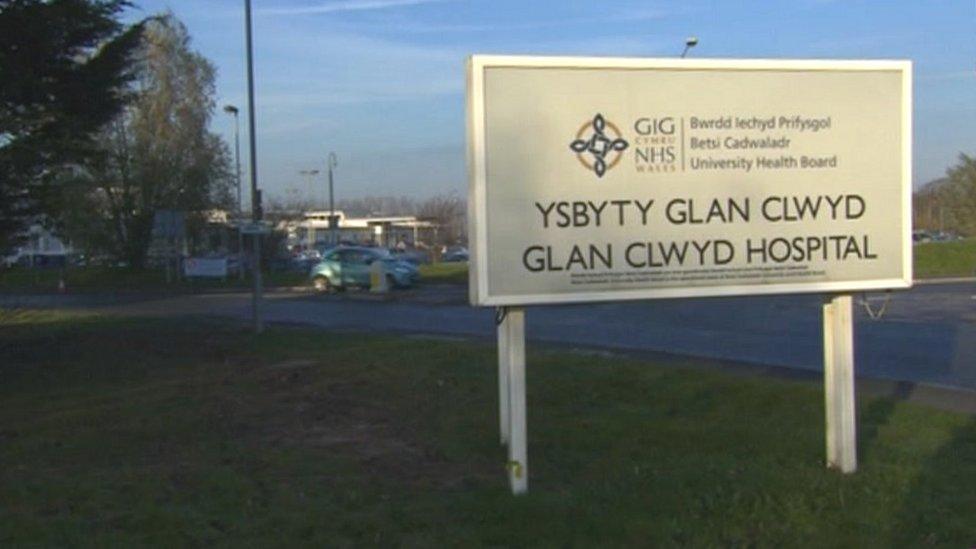
Mr Bennett said his death was "potentially avoidable" and found a number of serious failings including:
A lack of accessible renal consultants to provide specialist advice as they were all away on a course
Inadequate consultant supervision of junior grade staff which led to a critical delay in admitting Mr X to the ITU
A series of missed opportunities to provide Mr X with appropriate treatment which could have saved his life.
He made recommendations to the health board, including that it pays £20,000 to Mrs X "for the distress caused by the manner of her husband's death".
He also called for improvements to renal patients' care.
Mr Bennett said: "It is a travesty that Mr X waited over 12 hours before being seen by a senior clinician and that the absence of specialist renal consultants at the hospital meant crucial dialysis treatment sadly came too late.
"Mr X's family will always have to live with the uncertainty of knowing that had the opportunities for treatment been taken his life could potentially have been saved. This is a significant injustice."
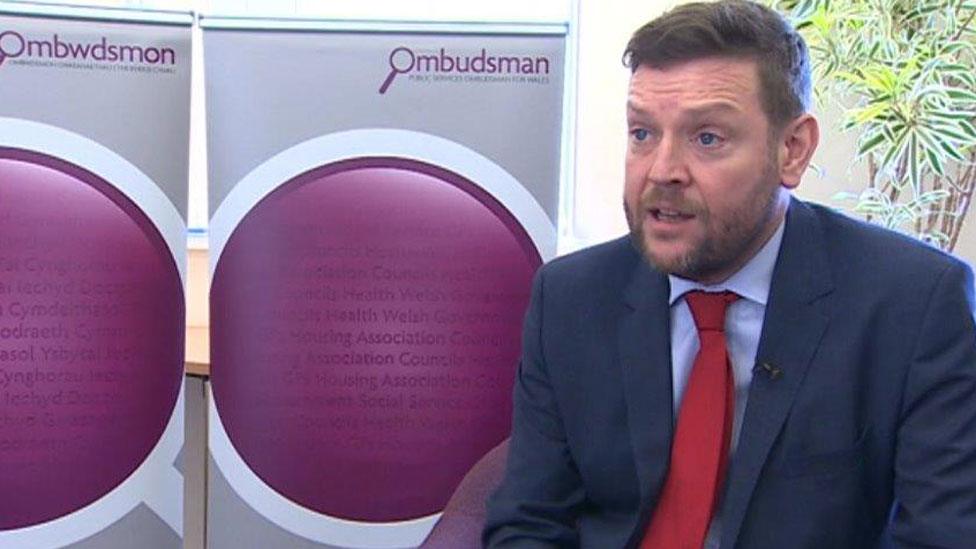
Nick Bennett also raised concerns about medical records being written "retrospectively"
In response, the health board's chief executive Gary Doherty said improvements had since been made.
"I am truly sorry that we did not deliver the standard of care that we should have, and I will be contacting the family directly to offer our apologies both for this, and the way the complaint was subsequently handled," he said.
"We have taken note of all of the ombudsman's comments and accept all the recommendations that he has made.
"We will build on the work we have already done to ensure that all of these are implemented in full, and will be reporting our progress on this to the ombudsman in three months."
- Published6 July 2016
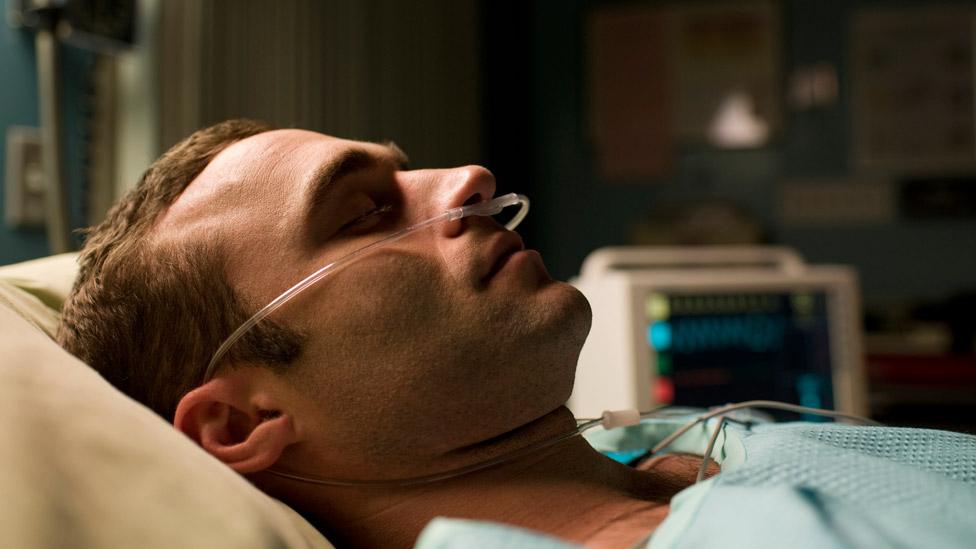
- Published29 May 2015
